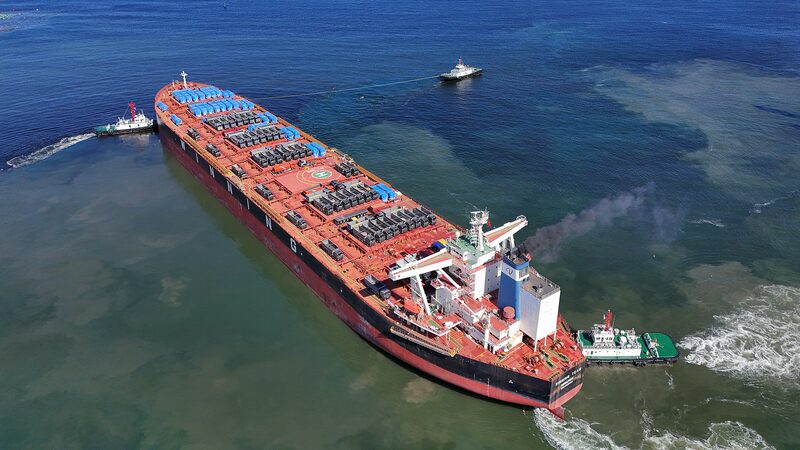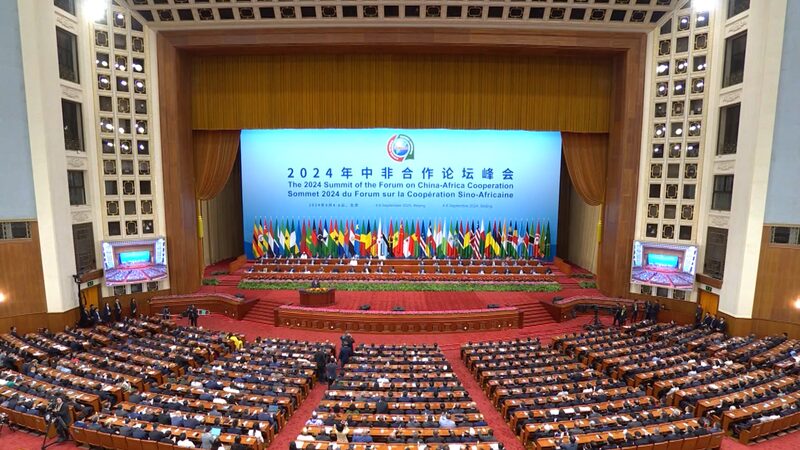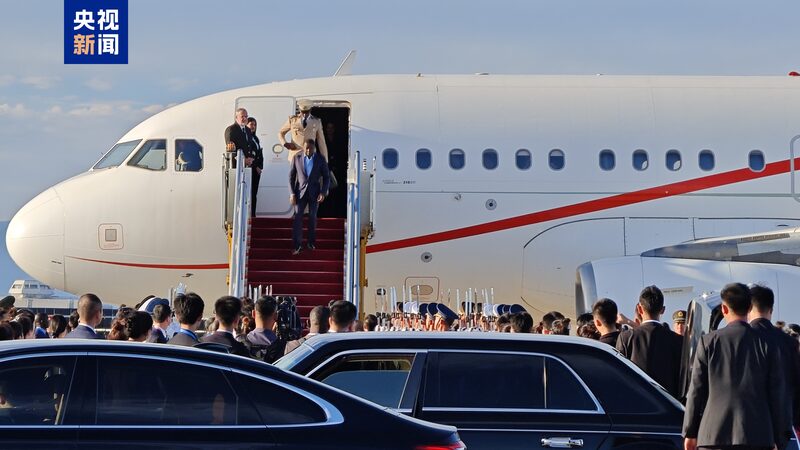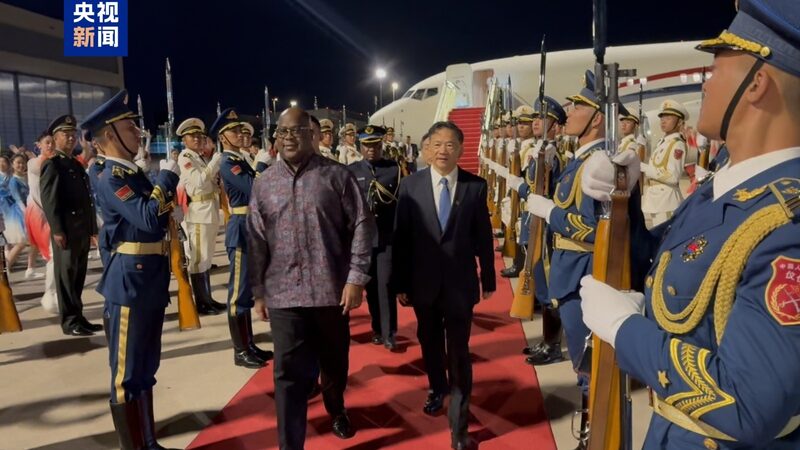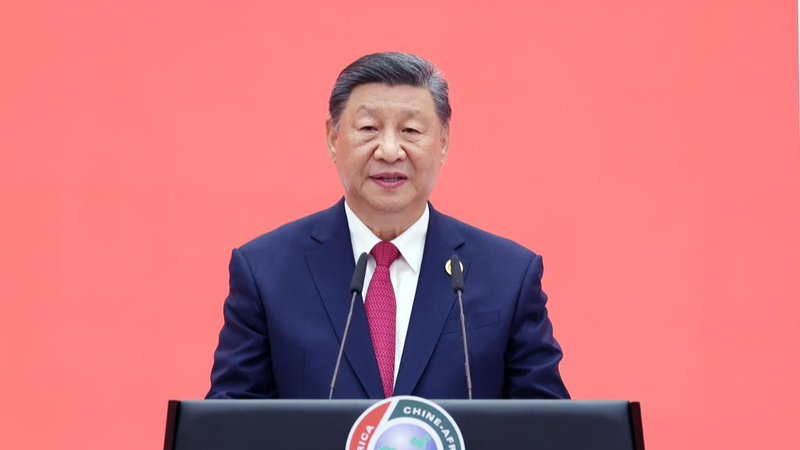In September 2021, China introduced the Global Development Initiative (GDI) with the aim of narrowing the North-South gap and firmly supporting developing countries. Since then, the Chinese mainland has effectively integrated the initiative with the African Union’s Agenda 2063 and the development strategies of African countries.
Over the years, China-Africa cooperation has been steadily deepening. From the 10 major cooperation plans proposed at the 2015 Summit of the Forum on China-Africa Cooperation (FOCAC), to the eight major actions in 2018, and the nine programs in 2021, the partnership has grown stronger. At the 2024 Summit, the emphasis was on 10 partnership actions for modernization to further enhance China-Africa cooperation. These measures are set to provide a continuous boost to Africa’s sustainable development.
Responding to Africa’s New Development Demands
Africa faces several bottlenecks limiting its economic development, with backward infrastructure, financing difficulties, and employment challenges being the most pressing. In their ongoing cooperation, China and Africa have placed significant emphasis on improving connectivity across the continent.
Under the Belt and Road Initiative, Chinese enterprises have participated in the construction and renovation of more than 10,000 kilometers of railways, nearly 100,000 kilometers of roads, 1,000 bridges, 100 ports, 66,000 kilometers of power transmission and transformation lines, and 150,000 kilometers of backbone communication networks in African countries. These efforts have greatly enhanced Africa’s connectivity.
Moreover, these projects have alleviated employment pressures in the regions where they are implemented. The Mombasa-Nairobi railway, for instance, has created nearly 50,000 jobs for local people, with 80 percent of the workforce being Kenyans. The Addis Ababa-Djibouti Railway employs more than 600 staff and over 1,000 operators from Ethiopia and Djibouti. During the construction of the Benguela Railway in Angola, over 25,000 jobs were created for locals, and more than 5,000 people received engineering and technical training.
Chinese enterprises are increasingly adopting models such as build-operate-transfer and public-private partnerships to participate in infrastructure projects. This approach promotes the transformation of China-Africa infrastructure cooperation into an integrated model of investment, construction, and operation.
At the 2024 FOCAC Summit, China announced it would provide 360 billion yuan ($50.8 billion) of financial support to Africa over the next three years. This support includes 210 billion yuan in credit lines, 80 billion yuan in various forms of assistance, and at least 70 billion yuan of investment in Africa by Chinese companies. The encouragement of Africa to issue Panda Bonds in China also provides strong backing for future practical cooperation between the two sides.
Reference(s):
cgtn.com
